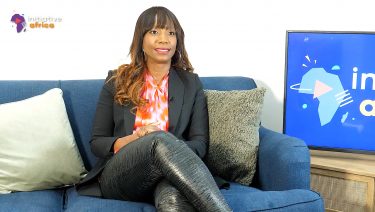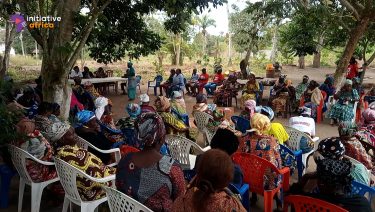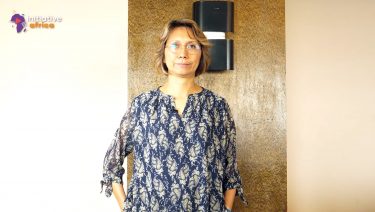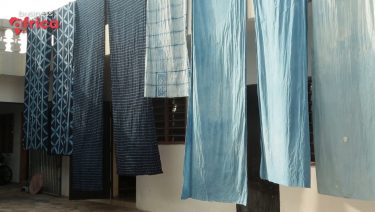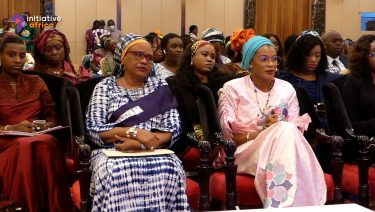GIMAC card shakes up the digital banking market in Central Africa
Valentin Mbozo'o, Director General of the Groupement Interbancaire Monétique de l'Afrique Centrale (GIMAC), wants to bring digital into all African homes with simple and secure systems for money transfers and payment cards. In 2015, he launched the GIMAC interbank card with the Central Bank of Central African States (BEAC). This democratised the use of the bank card within the six member countries of this entity and has facilitated mobile transfers and transactions for its users. Today, in the Economic and Monetary Community of Central Africa (CEMAC), the GIMAC card is second only to the VISA card.

